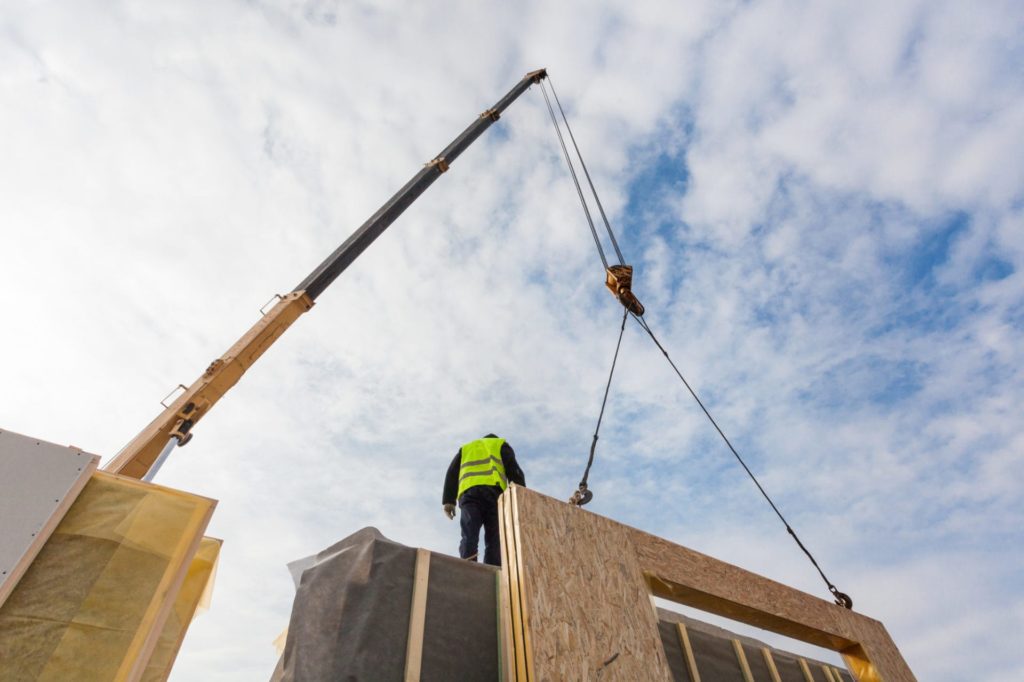
Since being formally introduced into UK law in 1988, developers wishing to bring forward large-scale projects or projects with a high potential environmental impact have had to undertake an 'environmental impact assessment' to evaluate the potential consequences of a development on the environment and on human health (EIA).
Since 2004, the strategic environmental assessment (SEA) regulations have ensured that relevant public plans and projects have been environmentally assessed at a strategic level.
How is the Levelling Up and Regeneration Act 2023 changing the law?
The Levelling Up and Regeneration Act 2023 (LURA) gives the Secretary of State or devolved authority the power to make regulations (EOR Regulations) creating a new system to measure a development's possible impact on the environment. EOR Regulations will replace the current EIA/SEA process.
Part 6 of the LURA separates these powers into the ability to 'set environmental outcomes', 'require environmental outcomes reports' and define 'relevant consents' and 'relevant plans' to which the regulations should apply, and also includes sections on reporting and enforcement.
Section 152(1) confirms that outcomes relating to environmental protection in the UK, or a relevant offshore area may be specified by the EOR Regulations.
EOR Regulations may require an environmental outcomes report (EOR) to be prepared in relation to a proposed relevant consent or a proposed relevant plan. The consent will not be granted for the project unless an environmental outcomes report has been prepared and taken into account.
Section 153(4) defines an EOR as a written report which assesses the impact on the delivery of specified environmental outcomes (e.g., outcomes relating to heritage protection, the natural environment etc) and steps which will be taken to avoid, mitigate or compensate for any 'effects' on those outcomes that cannot delivered.
In England, any EOR Regulations must have regard to the current environmental improvement plan (within the meaning of Part 1 of the Environment Act 2021)' (section 152(5) of the LURA). In Wales, the relevant guide will be the current national natural resources policy within the meaning of section 9 of the Environment (Wales) Act 2016.
EOR Regulations may also amend, repeal, or revoke relevant existing environmental assessment legislation following public consultation.
In summary
- The UK will have a new system of environmental protection to replace the current EIA/ SEA model.
- The new system will be based on environmental outcomes which a plan or project will be assessed against. The assessment will be presented in the EOR.
- The detail of what projects will be subject to the models, the powers for enforcement and the standards that each report must be made to including any action which must be taken, will be specified in future regulations known as "EOR Regulations".











